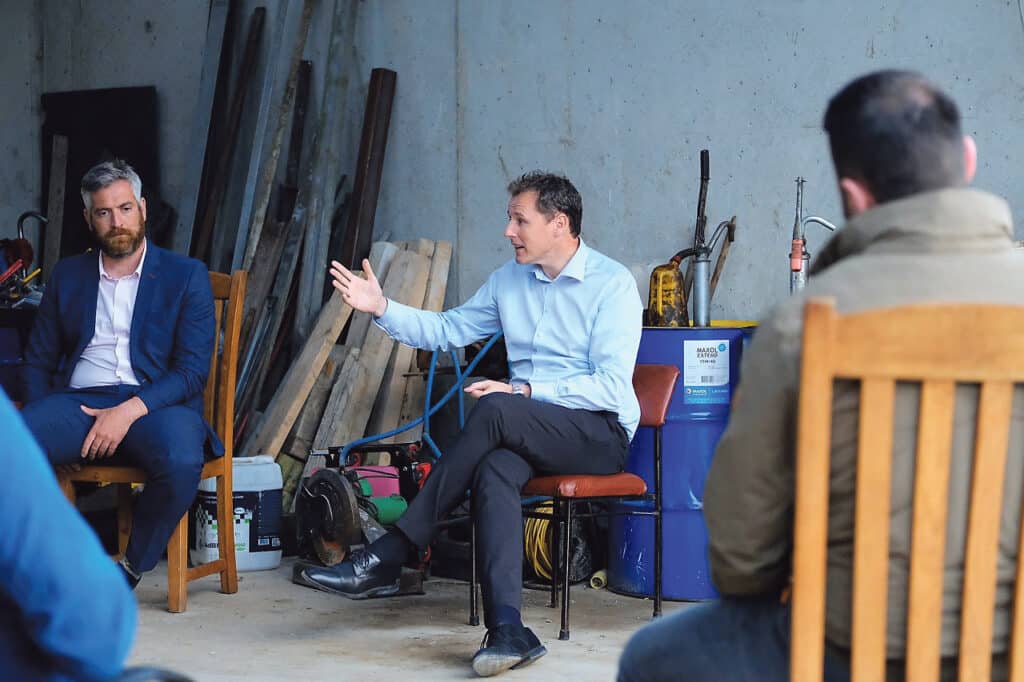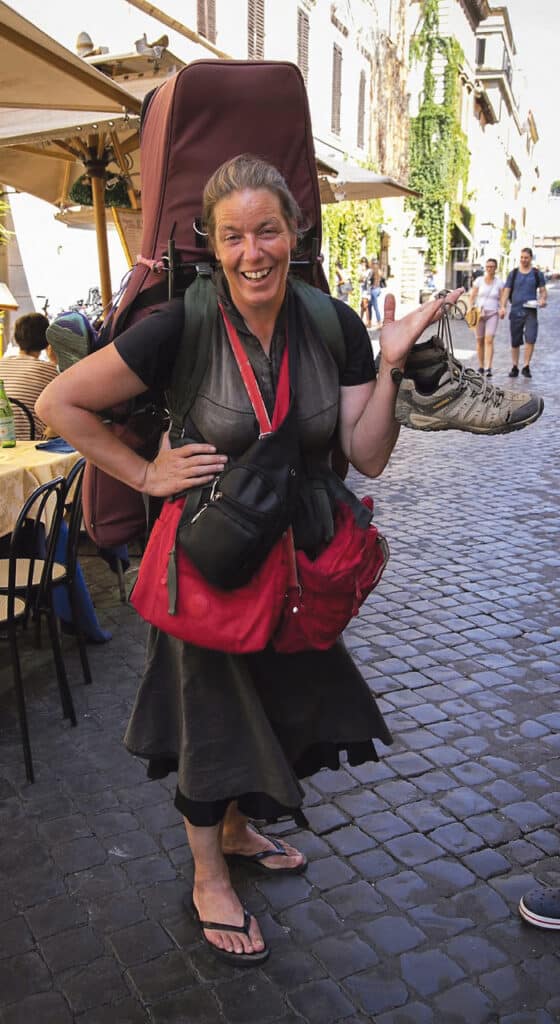
With the uncertain climate ahead for farmers and consumers, Minister for Agriculture, Food and the Marine Charlie McConalogue talks to Tommy Moyles about what is being done to meet these challenges
You recently put together a national food and fodder security committee, what are the principal drivers of this and what can farmers expect?
It was proactively set up as a rapid response within my own department, as a reaction to Russia’s invasion of Ukraine, which we unilaterally condemn and the impact that could have on our farming sector.
I proactively sought a meeting with farm organisations and the National Food and Fodder security committee was set up as a result, to assess the sector. It’s set up to take a 14-month horizon view to ensure we can grow enough grass and crops and feed our animals and bolster our supply chains rolling into the spring of 2023. It’s meeting once every two weeks and is putting together relevant advice. An important remit of the committee, is to see what can be done within the current environmental parameters. Right now there is no challenge to food security but there are concerns around the supply chain and that’s the greatest part of the challenge now. Getting product out of Ukraine is a challenge for fertiliser industry in particular. Grain and, in particular, fertiliser from that region, have a major role in Irish food production. Russia accounts for in the region of 23 to 25 per cent of the fertiliser used. When that market is shut off, that is challenging and sourcing replacement markets requires work. We are doing that work but opening a new market is not a flick of a switch thing.
I have also recently announced the creation of a €12m package for tillage farmers to support the production of more native crops on the back of supply chain issues caused by the war in Ukraine. These include the Tillage Incentive Scheme, which has a payment of €400/ha proposed and is targeted at getting an extra 25,000 ha of crops grown. The Protein Crop Supports will encourage farmers to grow more peas, beans and lupins. A payment of €300/ha is proposed and we want to increase the volume of hectares under protein crops from 10,000ha to 14,000ha. There is also a Multi-Species Sward Measure which also includes red clover. This aimed at 12,000 hectares and is aimed at reducing our dependency on chemical nitrogen.
What would you encourage farmers in West Cork to do, both now, and as the summer goes on?
The key advice for livestock farmers is to be able to match up the animals you have with what fodder you will need. Every farmer should ensure they have enough and take steps to address it if they don’t. Assess the organic manure you have on the farm whether that is slurry or farm yard manure and use it wisely. If your budget allows, spread fertiliser and try and get a good silage crop. As minister, I visited West Cork last year and met farmers there and I know how capable they are of overcoming challenges. I know they will do this again and I will take every step to support them. I saw first-hand how pioneering and resourceful they were. They have a great spirit of entrepreneurship and farm as well as any in the country and almost every sector of farming is represented there, including a strong pig presence, West Cork farmers maximise the farms they have to the best of their ability. Growing up on a suckler and sheep farm in the hills and lowlands of Donegal, I know how challenging some of the land can be and the special skill set that is required to allow a farm to prosper. I’m always enthused to see that farm families thrive in more challenging landscapes.
What is the best case/worst case scenario for the average household?
The reality is the worst of the Ukraine crisis probably hasn’t hit us yet. Supply chains are disrupted now and are likely to continue for a while yet. Every day the war continues, the more likely the potential impact on households. Energy costs in short to medium turn won’t fall. Regarding feed and fertiliser, availability is there, but the affordability of it depends on farms to farm. We don’t know how long this will go on. Our brothers and sisters in farming in Ukraine are taking up arms instead of getting to plant crops and while there are silos there full from last year’s crop, the prospect of having no crop at all harvest that’s probably our greatest challenge. That is why we are being proactive now about getting our own crop area increased.
For consumers, will buying
local and the part we all have to play help the situation going forward?
Irish food produced on family farms like those in West Cork is the best food in the world and most sustainable. While we export 90 per cent of what we produce, particularly in terms of beef, dairy and sheep meat, we have a strong home market for horticulture. I met with farmers in North Co Dublin recently, that’s a major horticulture area and there is some excellent businesses there but they have challenges too. I think there’s a role to play in every parish around the country where we can get more veg grown. We’ll stand by our farmers, they are the everyday hero of our food sector.






